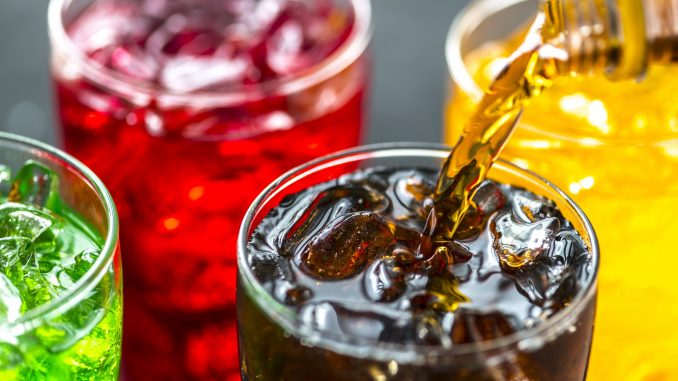
Childhood obesity continues to be a major concern for many governments. But, despite policies intended to reduce sugar consumption in kids, researchers in a new study have found that sugary drinks made up 60% of all children’s drinks sales in the last year.
It seems that, despite policies and initiatives to try and encourage healthier choices, the trend is continuing to rise, with the researchers from the UConn Rudd Center for Food Policy and Obesity identifying a steady rise in sales this year.
In order to gain an understanding of the advertising of children’s drinks, the researchers looked at sugar-sweetened choices, such as soda and drink mixes, and then compared them to unsweetened options like sparkling water.
They found that, overwhelmingly, the sale of drinks high in sugar was far higher than the alternatives. They also found a lot of confusion when it comes to labelling, with consumers being unsure about nutritional values.
As well as this, a lot of the respondents said they were confused by the marketing methods used to make the products attractive to kids. For example, adverts will dominate commercial time for children and can be misleading for parents.
Researcher Maria Romo-Palafox, PhD said: “You shouldn’t have to be a nutritionist to figure out whether or not a product is healthy for your child. The fronts of packages make children’s drinks look healthy, but there’s no way to know which ones have added sugars or low-calorie sweeteners reading the front.”
“You have to read the nutrition facts panel on the back and you have to know the names of low-calorie sweeteners, such as acesulfame potassium and sucralose, to realize they are in the product.”
Another researcher in the study, Jennifer L. Harris, PhD added: “Beverage companies have said they want to be part of the solution to childhood obesity, but they continue to market sugar-sweetened children’s drinks directly to young children on TV and through packages designed to get their attention in the store.”
“Parents may be surprised to know that pediatricians, dentists, and other nutrition experts recommend against serving any of these drinks to children.”


Leave a Reply